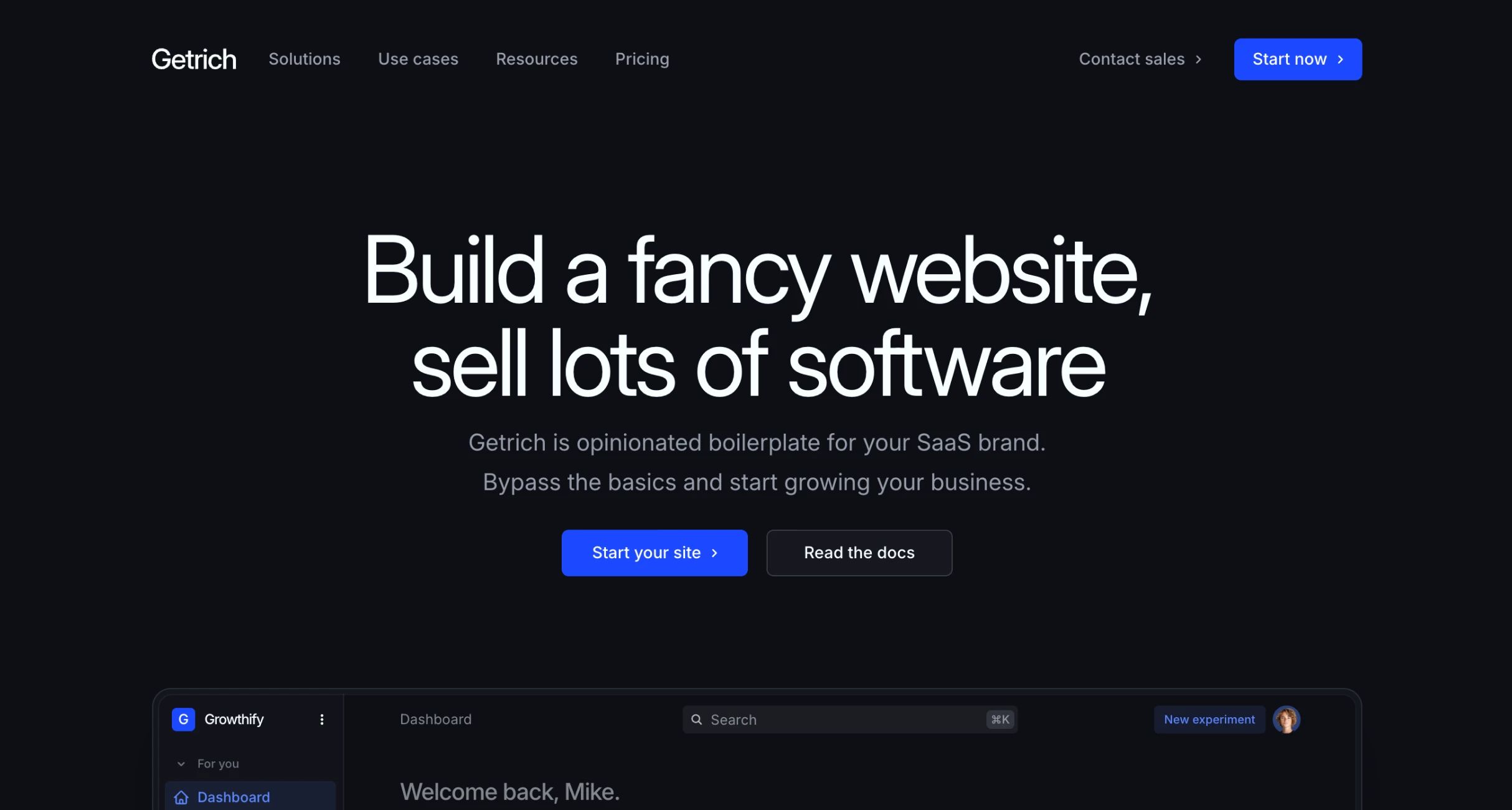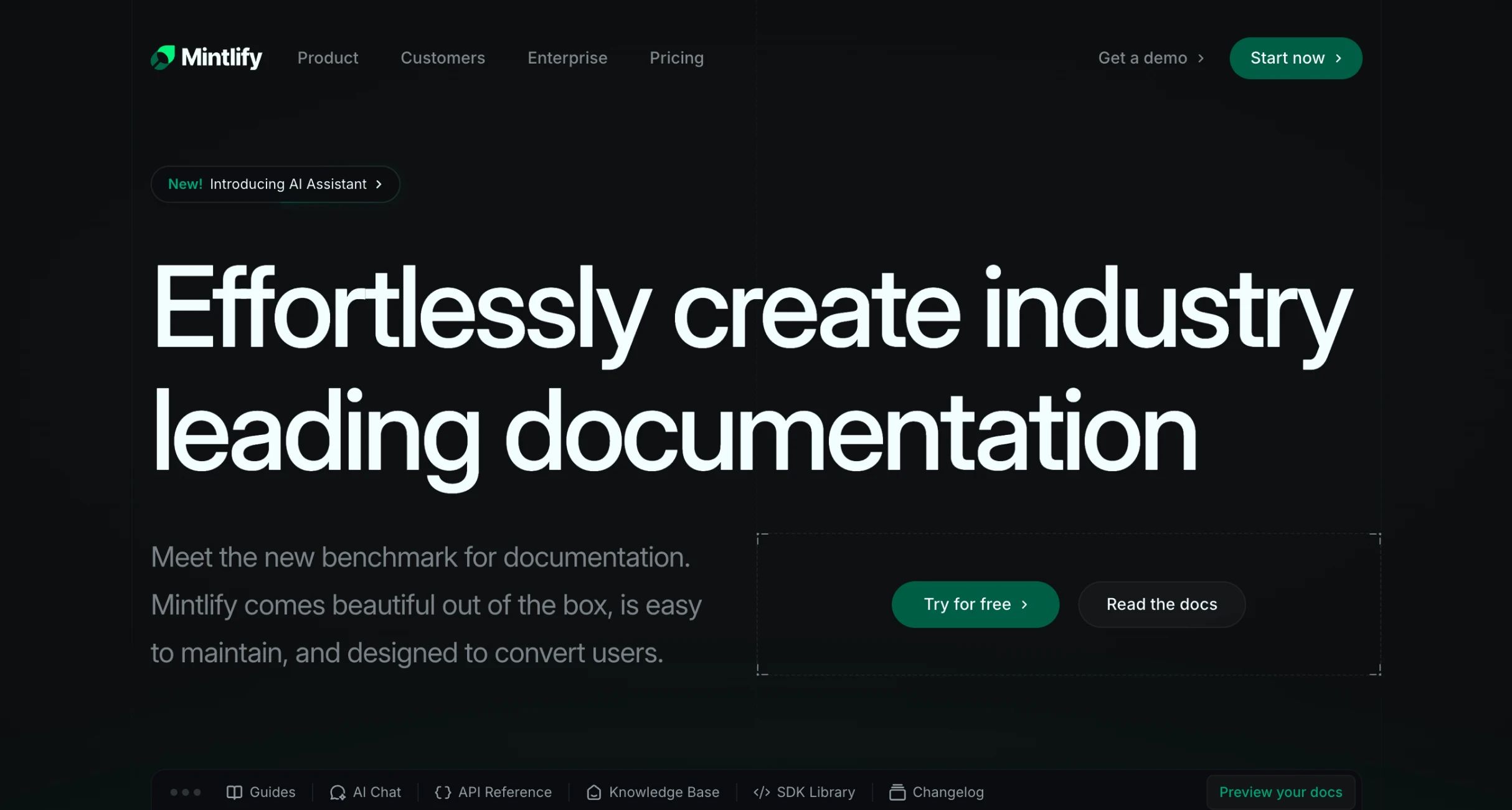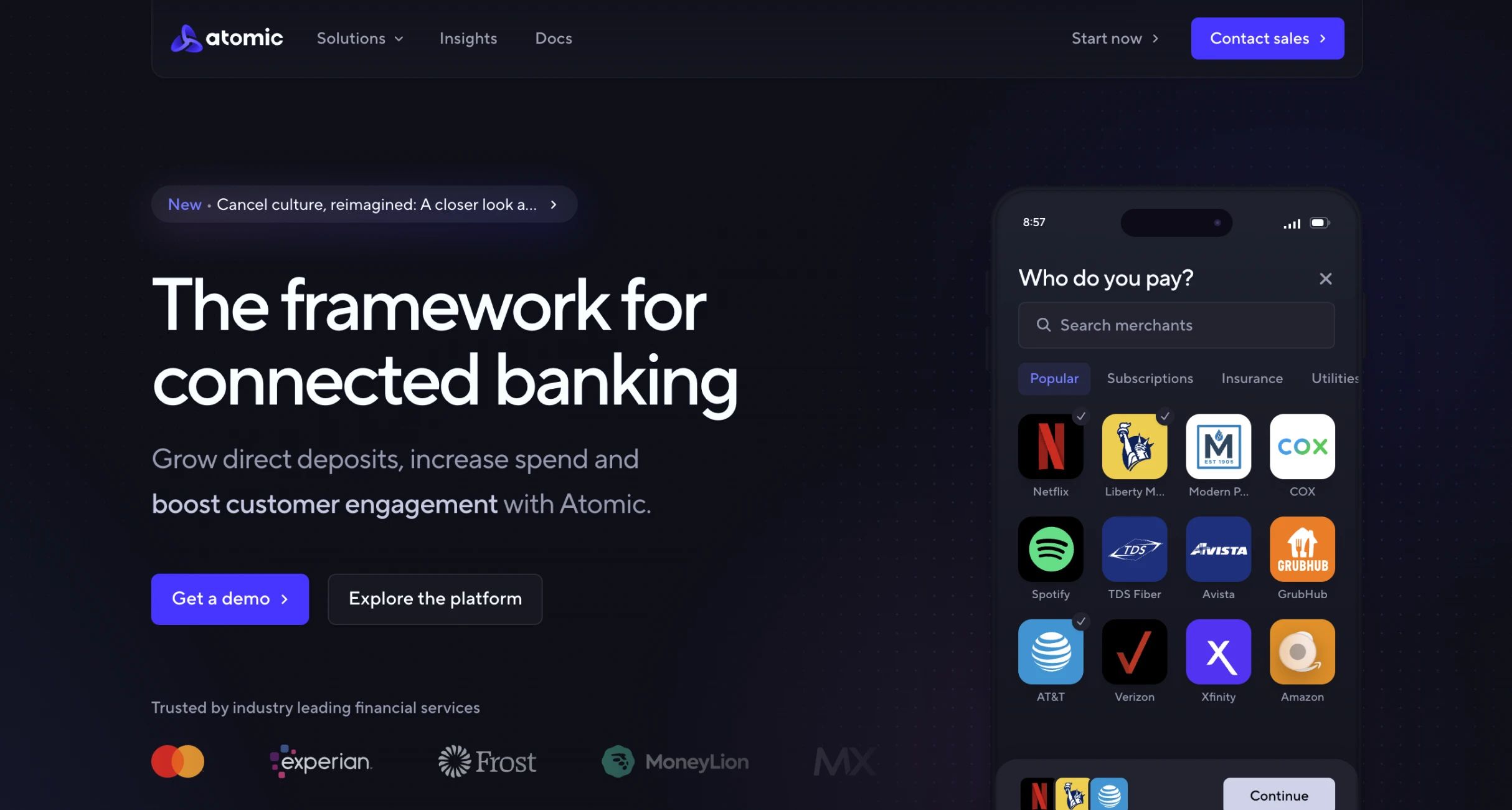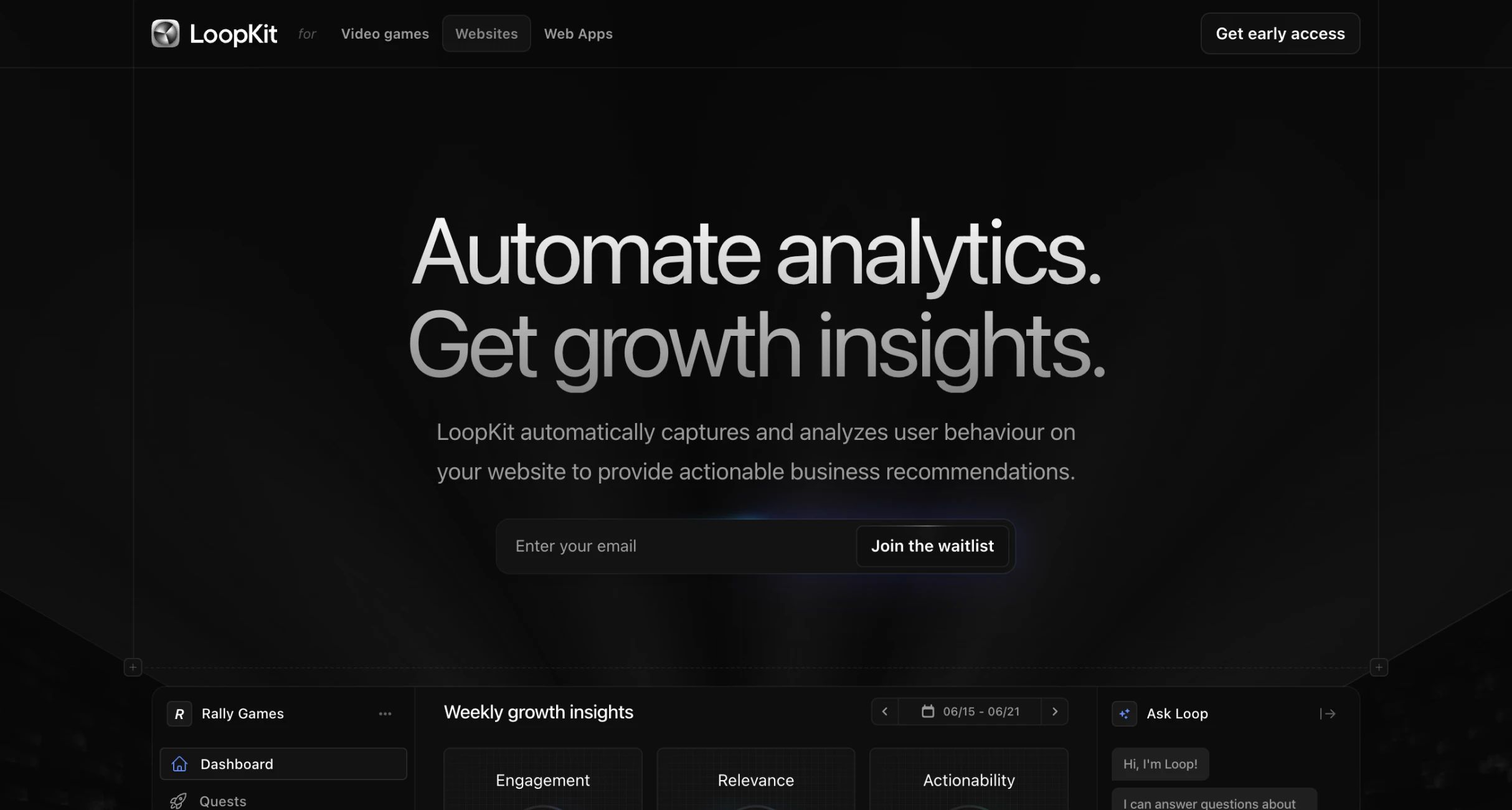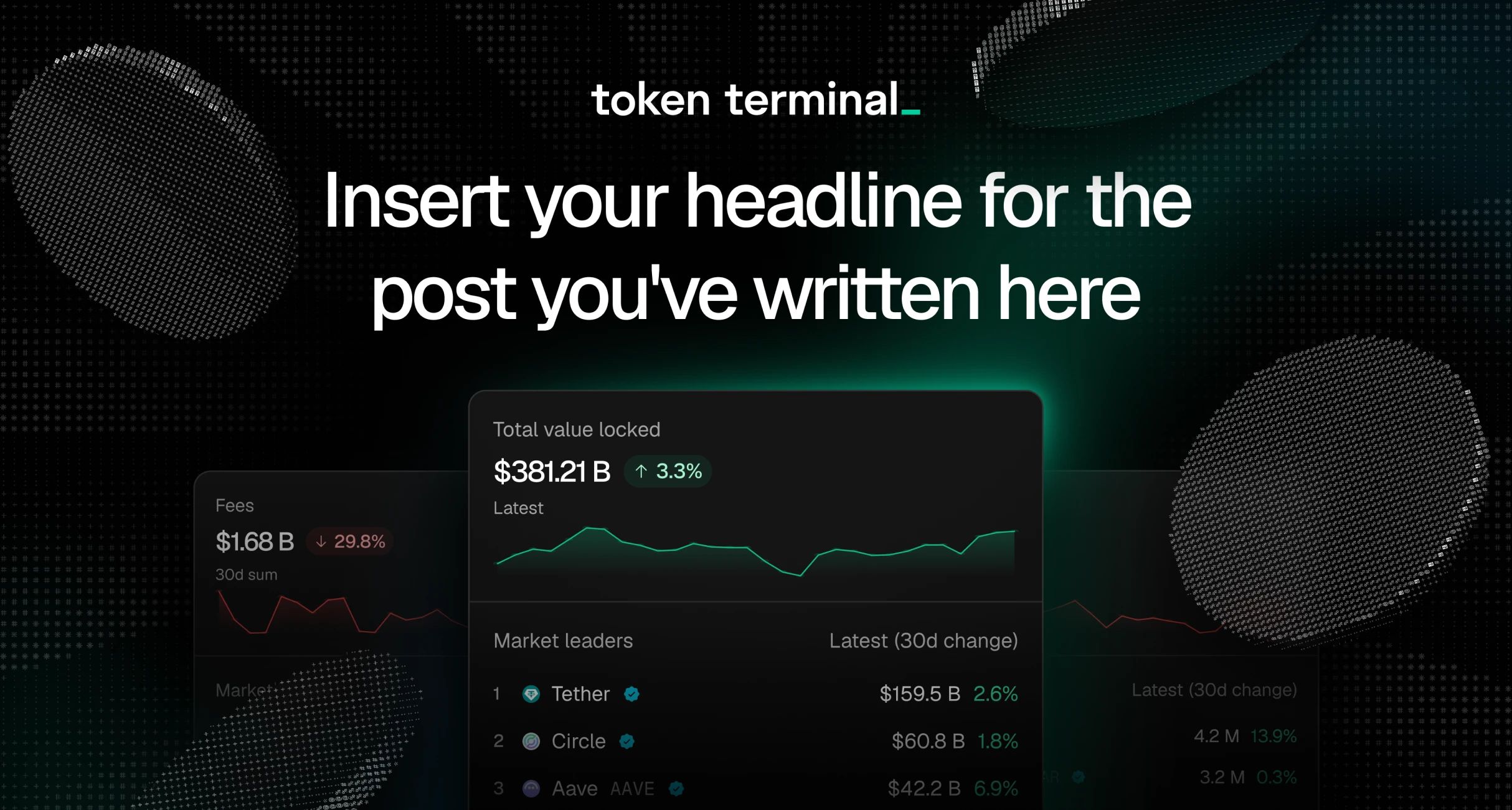Linear is a purpose-built tool for
planning and building products
Meet the system for modern software development. Streamline issues, projects, and product roadmaps.
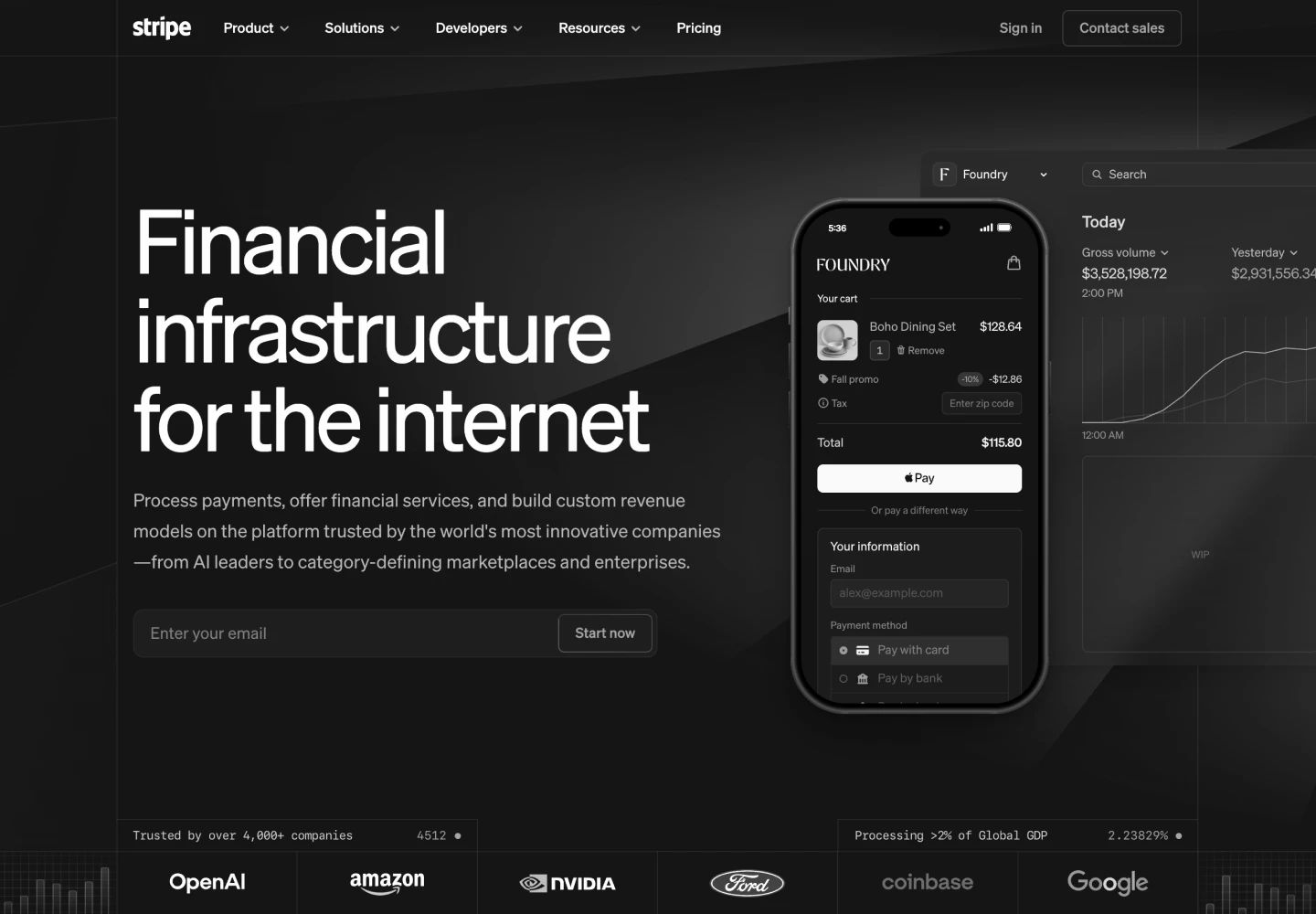
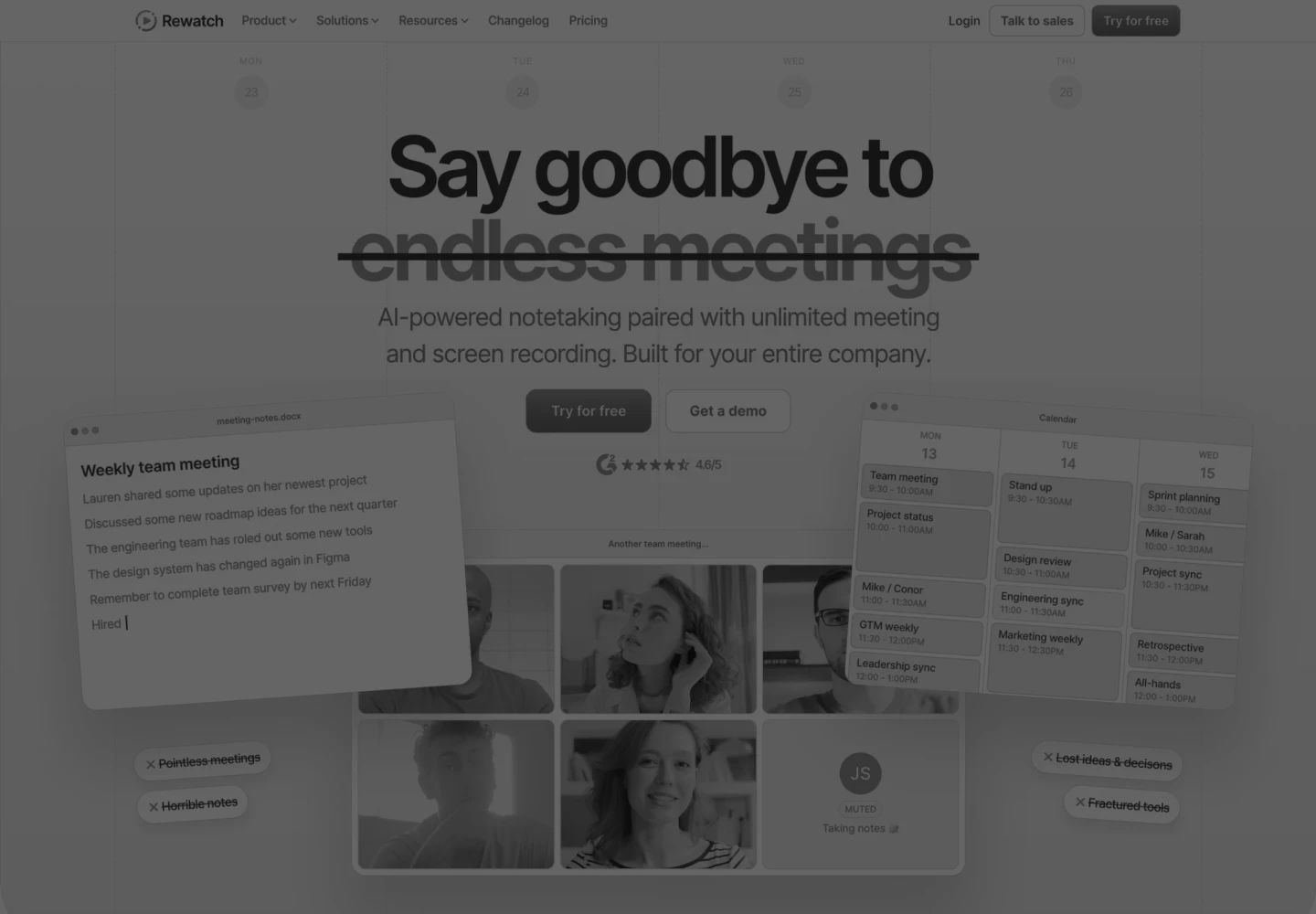
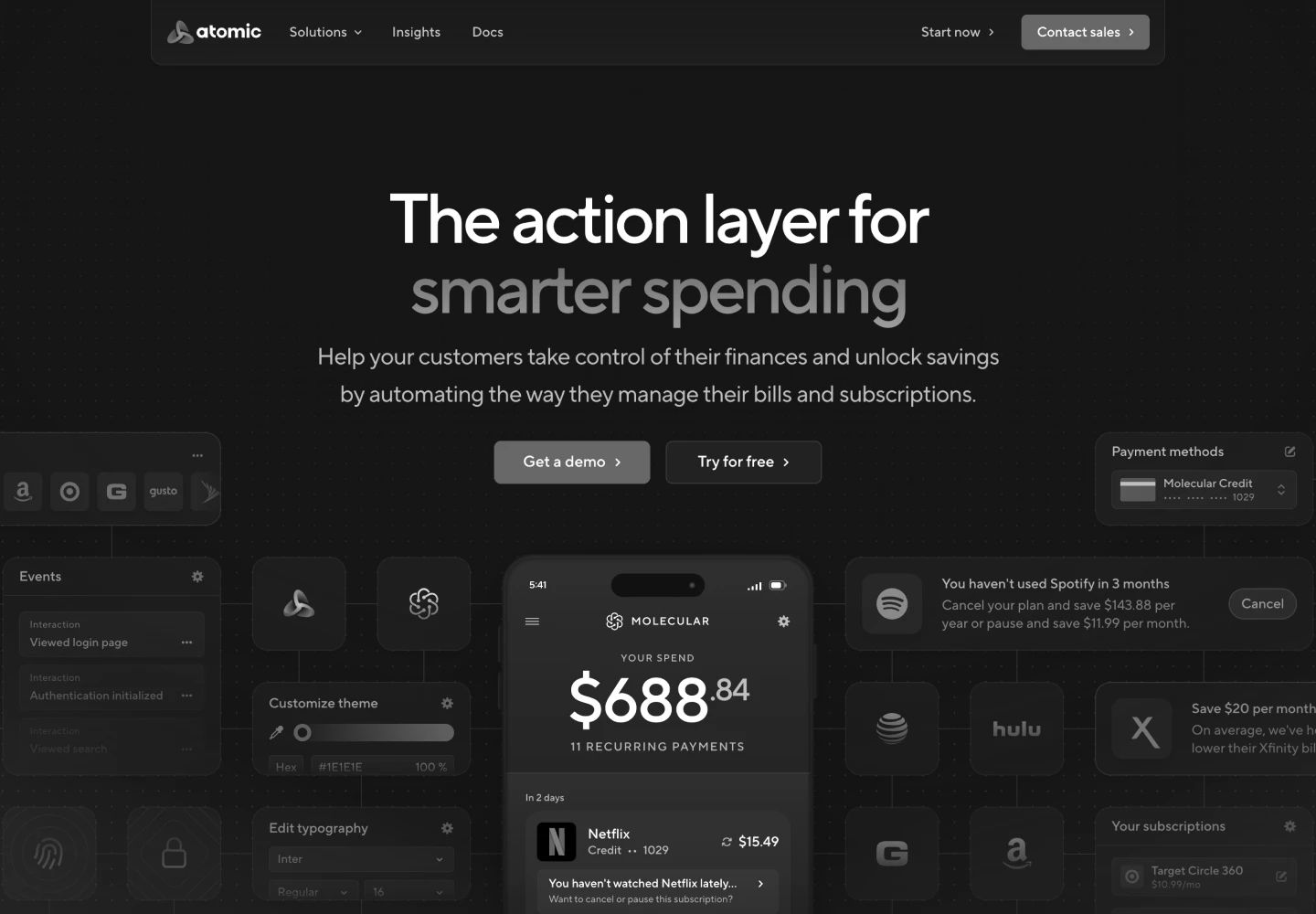
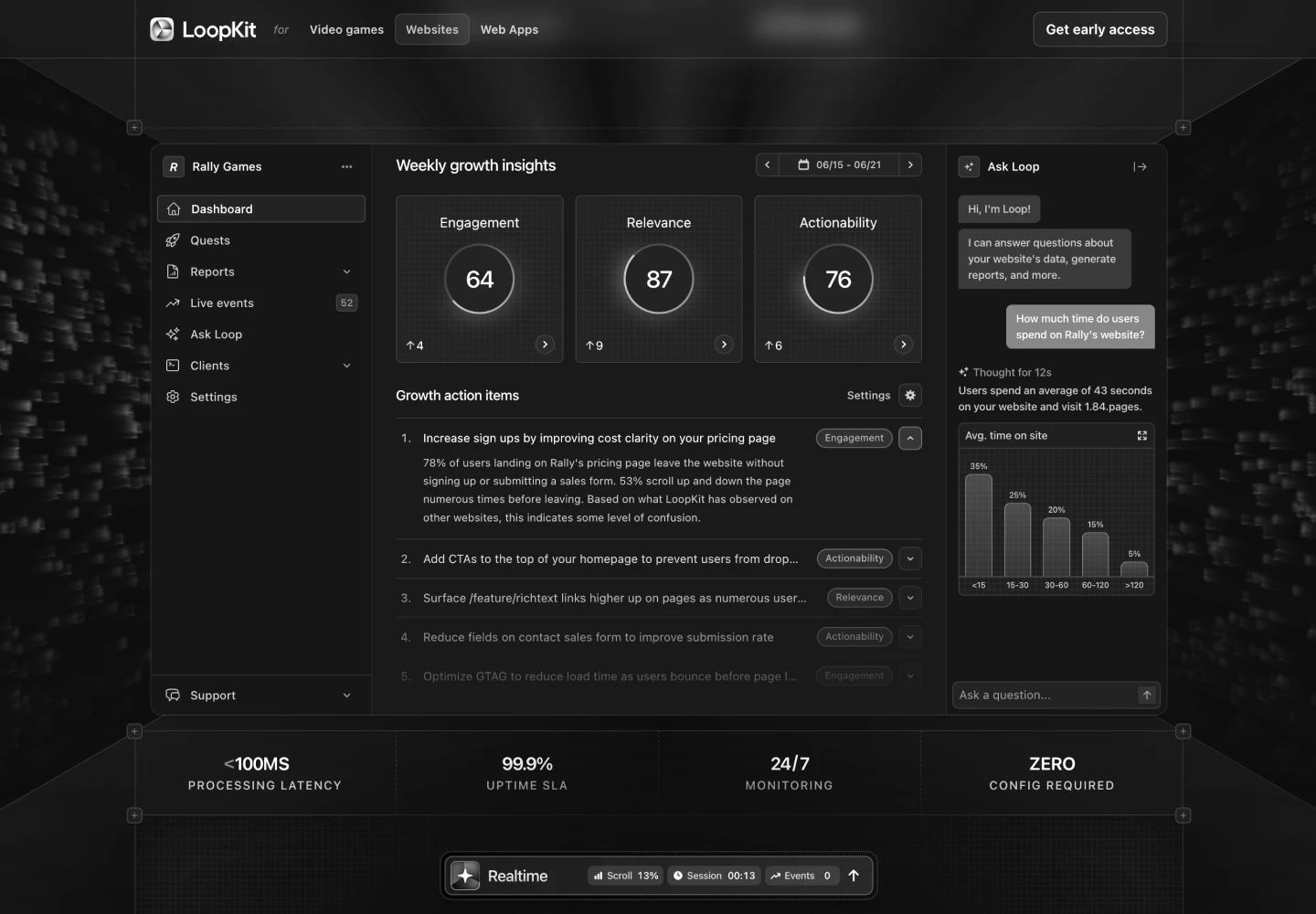
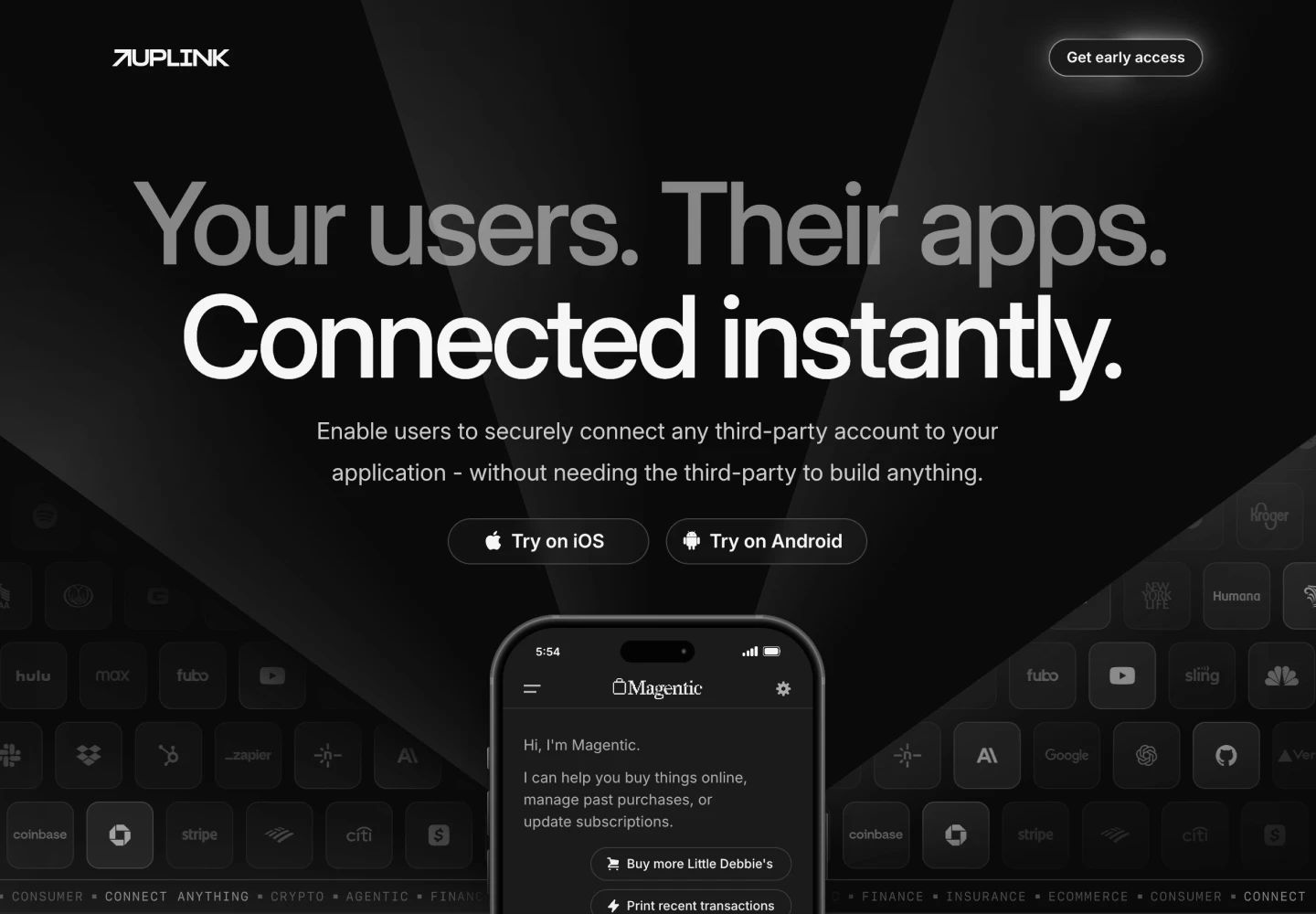
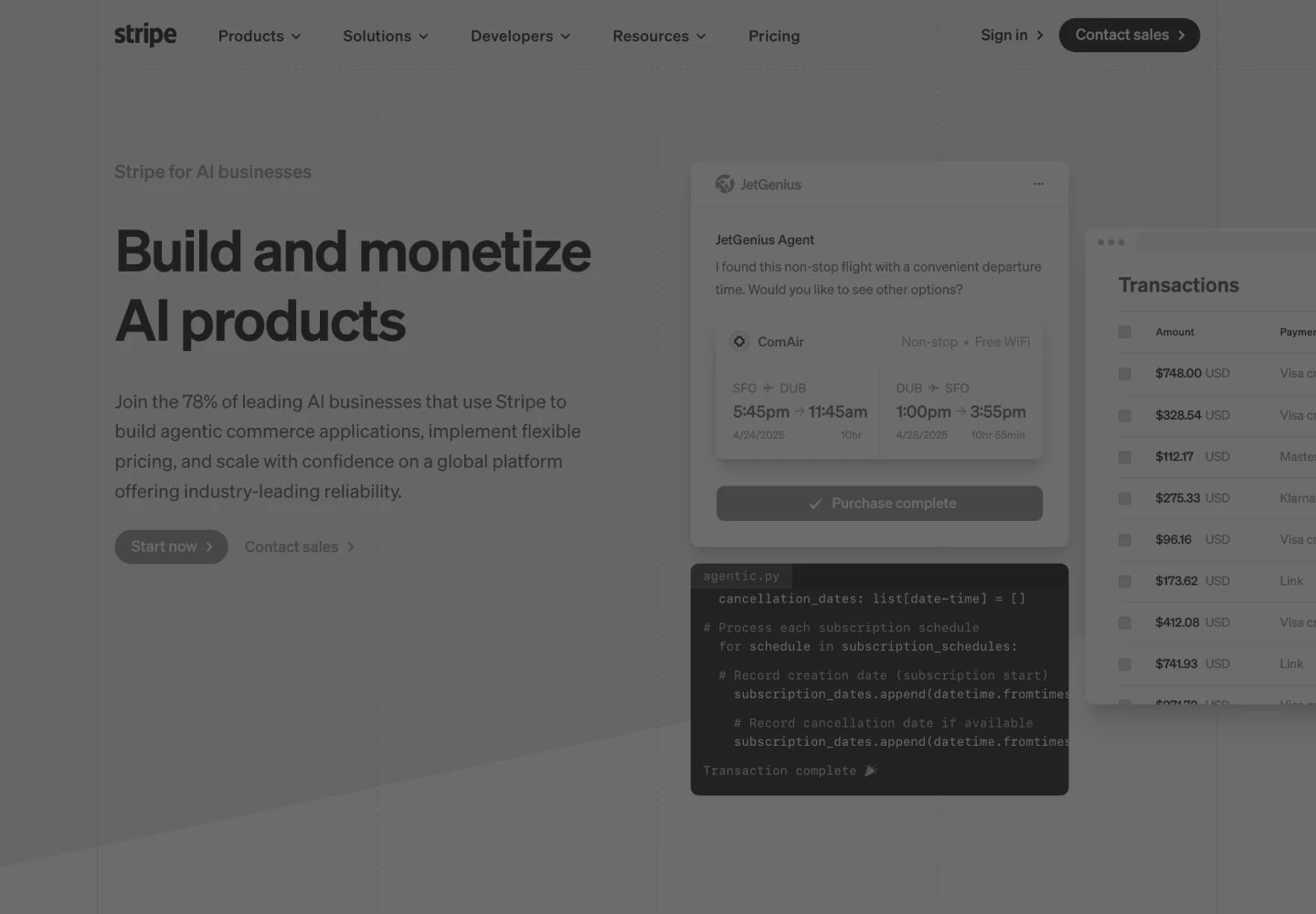
Design-led growth for SaaS companies From next-gen startups to established enterprises
What we are going to cover today
Having conducted my fair share of interviews lately, sitting through slides, even when designed well, can be quite boring. Instead, Mike will be clicking through tabs, a pattern stolen from Patrick Collison.
Stripe: growth design
Unify craft and efficiency
Upon joining Stripe, the growth and design teams were at odds. Seemingly, growth just wanted to slap a button on everything, while design to spend years tweaking every detail.
Mike changed that.

Mike's role at Stripe
Driving signups and form submissions for Stripe
Mike was the first growth designer to join Stripe's WPP team. While embedded within growth pods focused on conversion, he reports into design.
Works on stripe.com and login/signup pages
In parallel, responsible for contact sales form
Ensures growth work meets design standards
Stripe's design process
So many reviews.
So very much time.
Stripe designs as you'd expect: identify a user need, write a brief, align, design, align, build, and ship. But, aligning gets tricky when working with 7,000+ people.
Review processes weren't ideal for rapid iteration
Quirky perception of how craft and quality are upheld
Conflicting ideas, opinions, and priorities
Expediting alignment at Stripe
Demos, not memosIs there a brief for this?
Mike made processes fluid by defaulting to action. Instead of debating ideas via text, Mike builds them. This actualizes concepts fast and is easily understood.
Generates hype, prevents swirl by showing, not telling
Saves time, less docs and meetings → async video
Provides full-context by designing with code
Business outcomes
More sign-ups and better design
This past year, the projects Mike worked on drove tens of thousands of sign-ups. At the same time, this work accounted for most noticeable change to stripe.com.
Put goals at the forefront of design processes
Solidified value in rapid iteration and adaptation
Showed how to design with craft and quality, faster
Notable user facing outputs:
Sign-up/sign-in: Revised theming
LinkSign-up/sign-in: Google authentication
LinkRedesigned: Stripe.com Crypto page
SoonCollabContact sales/sign-up: Centered form
LinkRealtime sales chat on Stripe.com
LinkLLM chat on Stripe.com
SoonSessions: Stripe ecosystem diagrams/animations
Infinite: Navigational and CTA experiments
Infinite: Register and contact sales experiments
Infinite: Register and contact sales experiments
Some other stuff:
Example of how Mike writes for design work
LinkExample of Mike documenting friction/bugs
LinkExample of Mike elaborating technical concepts
LinkHelping designers design with code for stripe.com
LinkHelping designers use Cursor and AI for design
InitiativeOngoingMentorship program: Building functional prototypes
MentorHelping become the world's fastest org
InitiativeTiger team memberHelping improve Stripe's support experience
InitiativeIntegrating AI into Stripe's onboarding flow
Initiative
Defined growth design at Stripe
Mike made conversion rate optimization a lever for design and rapid iteration a method for innovation.
Learned about polish and communication
Mike now knows what sweating every detail really means and how to converse with a lot of people well.
Side projects: staying sharp
Build to learn and grow
Stripe is its own beast, so Mike stays fresh with side projects. This keeps him familiar with different types of design, goals, and processes, while offering learning opportunities.
Here's that work from the last 6-8 months.

Systematized SaaS marketing sites
Mike built a way to predictably ship new websites that meet a certain quality, budget, and time frame.
Learned how to better sell design
Mike found reliable ways to upsell existing clients, gain referrals, and cold-sell design to strangers.
Frequently asked questions
Wait, are you a designer?
Stripe is its own beast, so Mike stays fresh with side projects. This keeps him familiar with different types of design, goals, and processes, while offering learning opportunities.
Here's that work from the last 6-8 months.
Can Mike design things outside of just websites?
While recently Mike has been focused on SaaS websites, he has experience designing just about everything. Educated in graphic design, he can tell you exactly why leading is called leading. Early in his career, he worked in motion design at MolsonCoors for brands like MillerLite and Leinenkugel's, as well as some work for a beauty agency. Beyond motion design at MolsonCoors, Mike executed technical print projects. Yes... Those gnarly die-cuts of Nascar racers by the beer at gas stations, along with out of home and print ads. After that, he joined an experiential agency designing digital and in-person experiences for mega-brands, like this activation for the Nissan Heisman House. Mike also went through a phase where 3D modeling fascinated him.
What is Mike looking for in his next role?
Honestly, Mike likes Stripe a lot. Seemingly, everyone he works with there is at the top of their game and getting to learn from them almost every day is a privledge. Beyond that, the product is meaningful, the benefits are fantastic, and the company seemingly always tries to do the right thing. In his next role, Mike doesn't want to lose that.
In an ideal world, Mike would love a role that offers more variety, change, and balance than Stripe. The size of Stripe makes processes and change fairly slow—especially when compared to startups. With that, this scale lends itself to specialist roles, whereas Mike prefers the diversity and capableness of being a design generalist. While Mike loves to work and naturally spends time making things, the sheer number of people at Stripe also makes it hard to ever log off.
How did Mike make this website?
Mike built this website with 11ty, Tailwind, and GSAP. At the time of writing this, it's ~2400 lines of HTML loaded with utility classes and a tiny bit of JavaScript in a WebC file. Given nearly two weeks to prepare, it seemed like a fun way to go about presenting his work for the interview.
If Mike had more time, he would have liked to add mobile styles, animate transitions between tabs, and create custom, code-based illustrations with supporting text below the browsers to more closely align with Linear's current website. He probably should have also considered his decision to use target="_blank" for all of the links more thoroughly.
